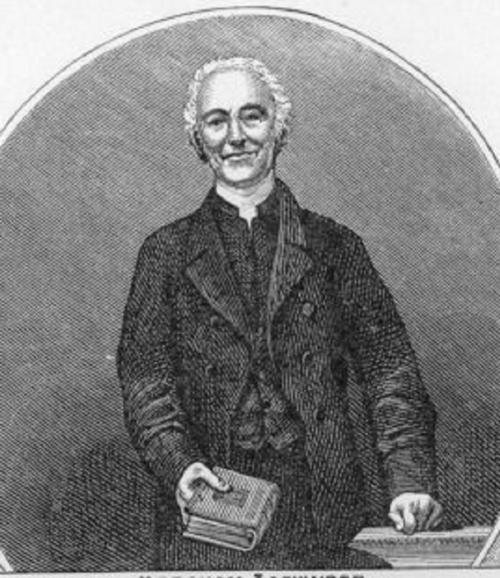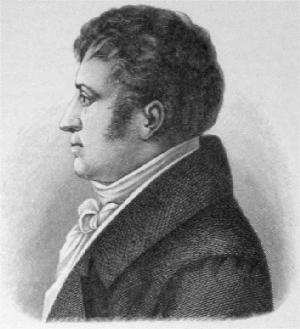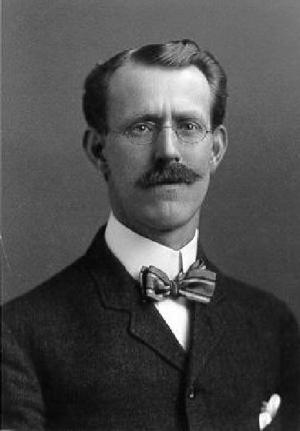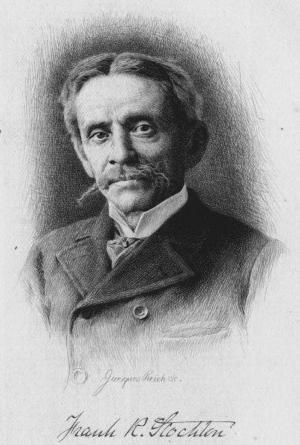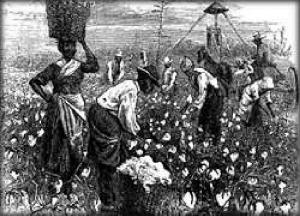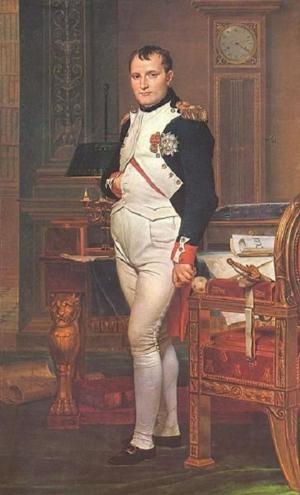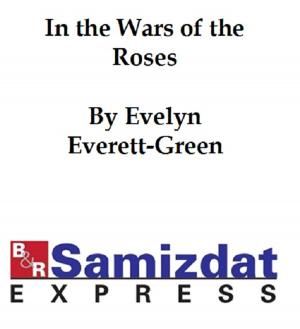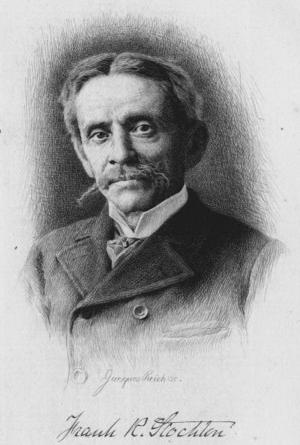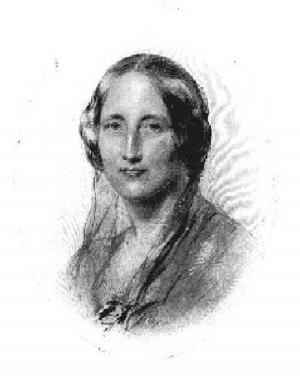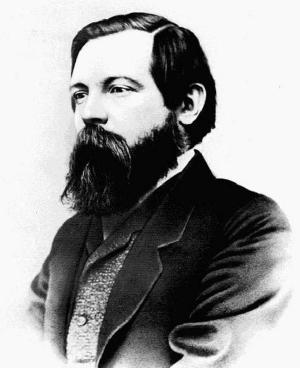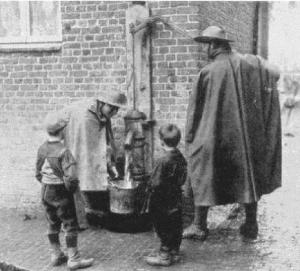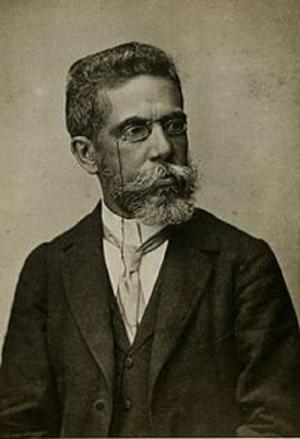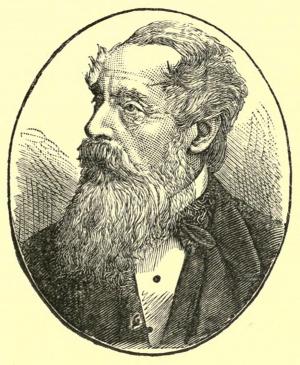Little Abe, or The Bishop of Berry Brow, Being the Life of Abraham Lockwood
Nonfiction, Religion & Spirituality, Christianity, Denominations, Methodism, Biography & Memoir, Religious| Author: | F. Jewell | ISBN: | 9781455386468 |
| Publisher: | B&R Samizdat Express | Publication: | December 15, 2009 |
| Imprint: | Language: | English |
| Author: | F. Jewell |
| ISBN: | 9781455386468 |
| Publisher: | B&R Samizdat Express |
| Publication: | December 15, 2009 |
| Imprint: | |
| Language: | English |
Religious biography, first published around 1900. According to Wikipedia: "Methodism is a movement of Protestant Christianity represented by John Wesley that sought to keep Methodism as a revival movement within the Church of England, and a significant number of Anglican clergy were known as Methodists. Other 18th century branches of Methodism include Welsh Methodists, later the Calvinistic Methodists, from the work of Howell Harris, and the Countess of Huntingdon's Connexion through the work of George Whitefield. The influence of Lady Huntingdon and Whitfield on the Church of England was a factor in the establishment of the Free Church of England in 1844. Through vigorous missionary activity Methodism spread throughout the British Empire, the United States, and beyond. Early Methodists were drawn from all levels of society, including aristocracy. But the Methodist preachers took the message to labourers and criminals who tended to be left outside of organised religion at that time[citation needed]. Wesley himself thought it wrong to preach outside a Church building until persuaded otherwise by Whitefield."
Religious biography, first published around 1900. According to Wikipedia: "Methodism is a movement of Protestant Christianity represented by John Wesley that sought to keep Methodism as a revival movement within the Church of England, and a significant number of Anglican clergy were known as Methodists. Other 18th century branches of Methodism include Welsh Methodists, later the Calvinistic Methodists, from the work of Howell Harris, and the Countess of Huntingdon's Connexion through the work of George Whitefield. The influence of Lady Huntingdon and Whitfield on the Church of England was a factor in the establishment of the Free Church of England in 1844. Through vigorous missionary activity Methodism spread throughout the British Empire, the United States, and beyond. Early Methodists were drawn from all levels of society, including aristocracy. But the Methodist preachers took the message to labourers and criminals who tended to be left outside of organised religion at that time[citation needed]. Wesley himself thought it wrong to preach outside a Church building until persuaded otherwise by Whitefield."
